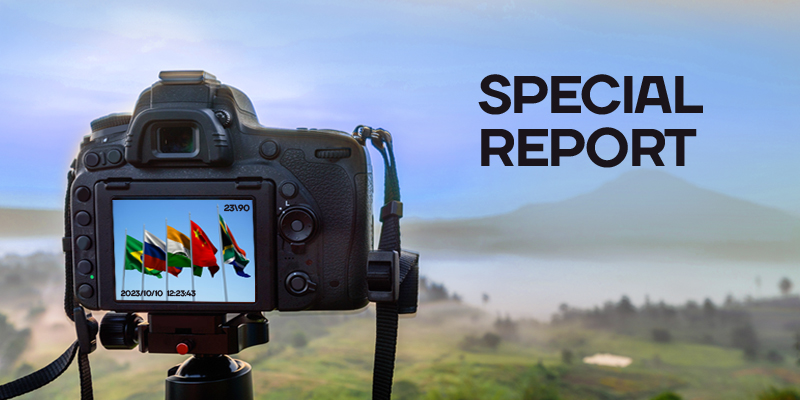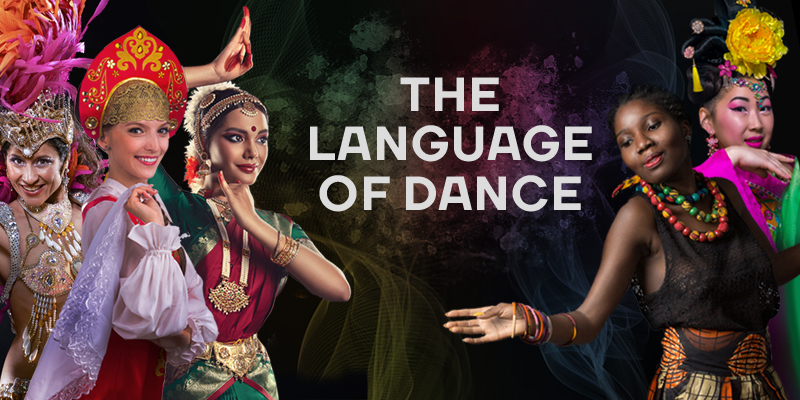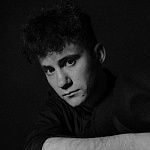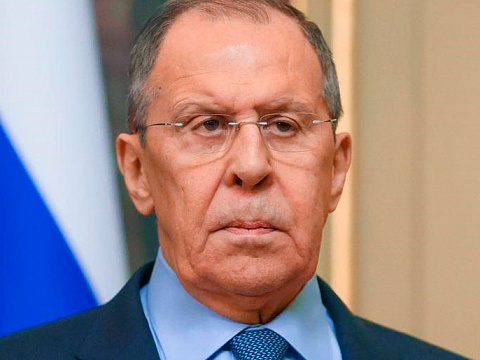How to make your first feature film? – Kirill Morozov
Many aspiring directors and even actors have a desire to make their own film, usually in a short film format. But everyone wonders: where to start? How to find a crew? Where to look for funding? And in general, how filmmaking works.
In 2022, I made my own debut film, Stanislavsky, which won 12 awards at various film festivals, including international ones. I will use it as an example to show you how to make your own film, which is sure to enter many international film festivals and possibly win various awards.
There are 3 stages:1) pre-production (preparation for filming); 2) production (filming process); 3) post-production (film editing).
Pre-production

First, you need an idea that will translate into a script.
Once the script has been written, the production part of your project should be studied: the estimate, the film crew, the drafting of documents such as the calendar and staging plan, the storyboard and the selection of the necessary equipment for filming (camera, lighting equipment, microphones, etc.).
The main thing is to start your debut work with a project that can be implemented on your own (do not immediately try to capture shooting from a helicopter, the fall of Olympus and the battle of many thousands of troops against the Spartans).
A writer or director who has written their own script usually has the clearest picture of the story in their head, so I suggest drawing the storyboard yourself, because what's in your head is difficult to fully convey to a storyboarder. A storyboard specialist can only tweak some shots in terms of professional camerawork. You also need to decide on the filming location (flat, street, café, pavilion, etc.).
In order not to waste time and quench the fire of enthusiasm and ambition, I advise, in parallel with writing the script and preparing all the necessary documents, to look for a film crew. We live in a time when a lot of guys want to get involved in some kind of creative hangout, so you can feel free to put together an offer to find a cameraman, costume designer, actors, etc. in various casting groups on VK, make posts on social media and ask people you know. As for the estimate, it usually comes out of the pocket of the author of the project, be it the director, actor or cameraman - the one who took the initiative and started working on making the film. If you are lucky, you may be able to attract investors, but that is a separate production topic that needs to be explored.

And don't forget the music! Be sure to find a composer whose author's music will be used in the film. It could also be an acquaintance of a friend who would be willing to provide you with their music on an idea basis. The fact is that film festivals only accept films with a sound design that has been agreed with the author of that music.
The script is written, the storyboard is drawn, the calendar, the list of necessary equipment and other production documentation is drawn up, the shooting locations are identified, the crew is assembled, the budget is calculated - it's time to move on to production.
Production

During the filming process, the director should have an assistant who will keep an eye on the timeline, the actors' arrival on the set and other organisational tasks. The filming process is usually an exciting creative period, where each team has its own interests and challenges in realising the project. It is therefore not possible to describe exactly how the filming process itself should take place. The main thing is for each team member to have their own clear objectives and the ability to achieve them.
Post-production

This is film editing. It usually takes three weeks to two months. This process involves editing the film frame by frame, composing titles, overlaying the music track and applying colour correction. This process also involves re-voicing the characters as needed.
On the whole, an uncomplicated debut film can cost 20-30 thousand roubles, and in terms of time it will take 1-3 months.
To study directing in more detail and understand the specifics of filmmaking, I suggest you read the book of the famous Russian director Alexander Mitta "Cinema between Hell and Heaven".
I wish you every success,
Kirill Morozov - actor, film director.
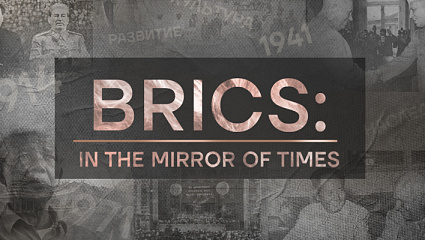
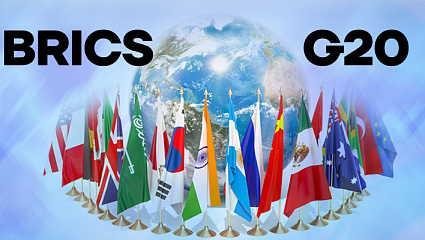

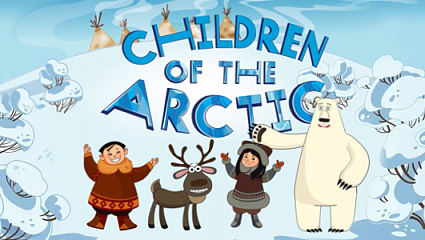
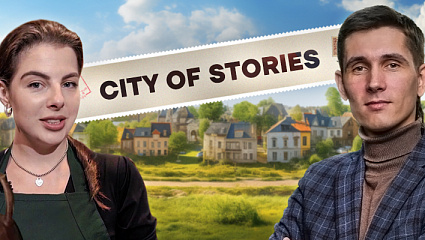
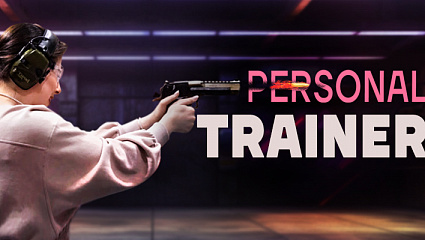

 DIGITAL WORLD
DIGITAL WORLD









